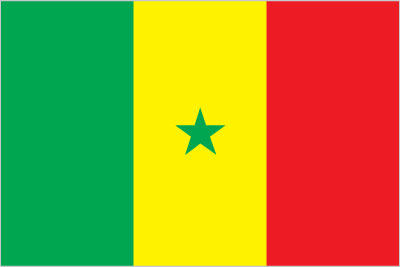
Senegal’s economy is driven by agriculture and that sector is the primary source of employment for the rural areas. The country's key export industries are phosphate mining, fertilizer production, and commercial fishing. The country is also working on iron ore and oil exploration projects. senegal relies heavily on donor assistance and foreign direct investment. President Macky SALL, who was elected in March 2012 under a reformist policy agenda, inherited an economy with a weak infrastructure, challenging business environment, and a culture of overspending that still plagued the country in 2013. The IMF completed a non-dispersing, Policy Support Initiative program in December 2010 and approved a new three-year policy support instrument to assist with economic reforms. The economy continues to suffer from unreliable power supplies and rising costs of living, which has led to public protests and high unemployment and has prompted migrants to flee Senegal in search of better job opportunities in Europe.
$27.72 billion (2013 est.)
country comparison to the world: 120
$26.65 billion (2012 est.)
$25.74 billion (2011 est.)
4% (2013 est.)
country comparison to the world: 78
3.5% (2012 est.)
2.6% (2011 est.)
$2,100 (2013 est.)
country comparison to the world: 193
$2,000 (2012 est.)
$2,000 (2011 est.)
agriculture: 14.9%
industry: 22.7%
services: 62.4% (2013 est.)
54% (2001 est.)
0.8% (2013 est.)
country comparison to the world: 17
1.4% (2012 est.)
6.096 million (2013 est.)
country comparison to the world: 67
agriculture: 77.5%
industry and services: 22.5% (2007 est.)
48% (2007 est.)
country comparison to the world: 195
agricultural and fish processing, phosphate mining, fertilizer production, petroleum refining; iron ore, zircon, and gold mining, construction materials, ship construction and repair
3% (2013 est.)
country comparison to the world: 106